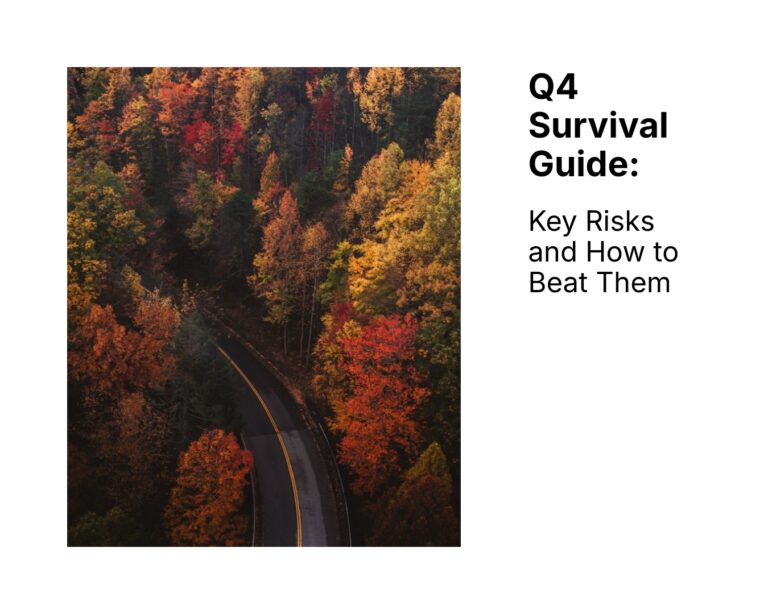The Tipping Point

The sharing of tips and service charge has long been a controversial issue for both the workers that receive the money and the tax man but the issue has hit the headlines again in the last few months highlighting the confusion surrounding it.
Pizza Express, Cote, Las Iguanas, Bill’s, Draft House, Masala Zone, Polpo, Cau, Fortnum & Mason, Banana Tree and Mango Tree and Turtle Bay have all recently taken a beating after their ‘tronc’ systems were criticised in the press. But it’s not just restaurants this applies to but any business that operates a tip system such as taxi drivers, hairdressing and casinos.
As I see it there are two key issues:
There’s the ethical dilemma – which has recently saw the chains mentioned above come under fire for not sharing their service charge fairly amongst staff and also for creaming excessive ‘administrative expenses’ off the top.
Then there’s the tax issue – which puts the HMRC’s dislike of cash being left on the table (because they can’t tax that) against discretionary service charges incurring PAYE, VAT and NI.
The controversy reached new heights last month with Business Secretary Sajid Javid launching an investigation into what he called the “abuse” of tipping in restaurants and the British Hospitality Association calling for compulsory transparency on this issue.
But with Christmas and its rich tip-pickings just around the corner, what are the things your business really needs to know about tipping and tax right NOW?
Here are my top tips on how to keep your staff happy and the HMRC satisfied.
- Don’t get involved with cash – Staff may pocket or share them but it’s better for cash tips to be kept by the receiver and not go through the operator or tronc system as then there are no HMRC/tax implications.
- Never use tips/service charge to top up the minimum wage (this became illegal in 2009)
- Always be transparent with your tipping system and tronc organisation. Staff and customers should know where they stand, so make it clear on your menus, website and employee manual:
- a) who benefits (who’s included, disclose deducting for handling and how remainder is shared)
- b) who gets what (describe the broad process of distribution),
- c) if there’s an administration charge from the operation (if so how much and what it covers) and
- d) what the tronc covers (do you have separate troncs for different parts of the business)
- If your business does charge an administration fee to run the tronc, ensure it does just cover costs and is not making a profit (a lot of the recent bad press came from operators seen to be dipping their hands in the tip jar and ‘cashing in’ by charging excessive admin fees).
- If a tronc system is used to collect and divide service charge between employees, you need to tell HMRC, but
- get an employee (not a director) to be the troncmaster and make sure that
- they or a staff committee decide on how the tronc is to be divided
- a PAYE scheme is set up (preferably in the troncmaster’s name, (although this can be tricky if staff are transient)
- that you, as the business owner, play no part in the direct or indirect allocation of the tips.
This way, the tronc will be subject to PAYE only, not NICs or VAT.
For those wanting more information on this complicated subject it’s worth reading the HMRC’s E24 policy (https://www.gov.uk/government/uploads/system/uploads/attachment_data/file/430329/E24_2015_v1_0.pdf ) which is republished annually and contains their most up to date views and the British Hospitality Association’s Code ( http://www.bha.org.uk/discretionary-tips-service-changes-code-of-practice/ ) which is trying to encourage businesses to hold ethical tronc policies.
Want to read my blog as soon as it comes out? Please “follow” on bottom of page. I offer Finance Director consultancy services to small and medium businesses in the London and surrounding area. Please contact me if you’d like to discuss how your business might benefit.
website: www.wrightcfo.co.uk
email: sophie@wrightcfo.co.uk
Tel: +44(0)7817 784 603










